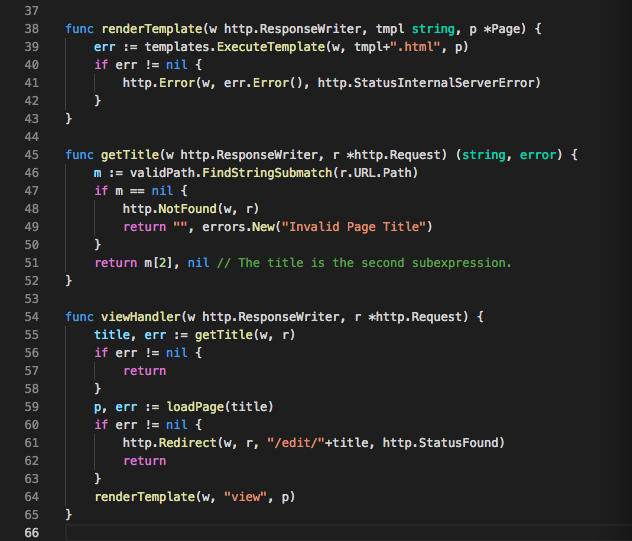Go
Go, also known as Golang, is an open-source programming language created by Google in 2007. It was designed to be a fast, efficient, and simple language that can be used for a variety of applications, from system programming to web development. One of the key strengths of Go is its simplicity. It has a minimalistic syntax that is easy to learn and read, which can help to reduce the amount of time and effort required to write and maintain code. Go also has a strong focus on code safety and reliability, with features like static typing and memory safety built in.

Another strength of Go is its performance. It was designed to be a fast and efficient language that can handle large amounts of data and high concurrency. Go uses a lightweight concurrency model called goroutines and channels, which make it easy to write concurrent and parallel code. Go also has strong support for networking and web development, with built-in libraries for HTTP and JSON handling, as well as support for popular web frameworks like Gin and Echo. This makes it a popular choice for building APIs and web services. One of the challenges of Go is its relative newness compared to other programming languages, which can make it more difficult to find support and resources. However, the language has a growing and active community of developers who contribute to open source projects, provide support, and develop new tools and libraries. Overall, Go is a powerful and efficient language that is well-suited for a variety of applications, from system programming to web development. Its simplicity, performance, and concurrency features make it a popular choice for developers who need to build reliable and scalable systems.